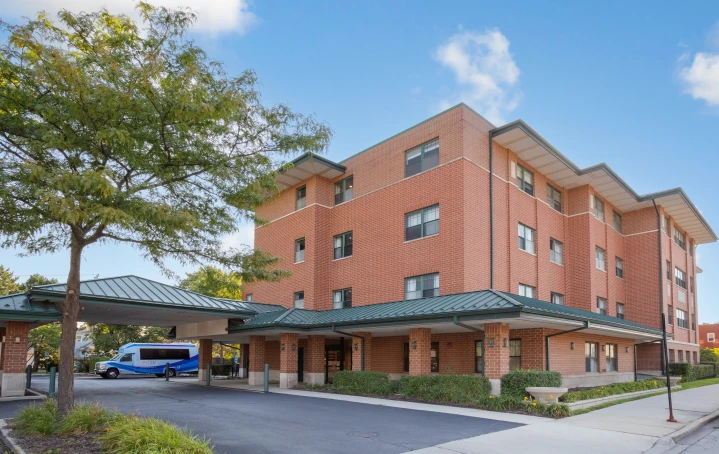


View all photos
Nursing Home Gallery







Amenities for Alden Estates of Northmoor
activities
other
Activities On-site
parties celebrations
BBQs or Picnics
Birthday Parties
community amenities
common areas
Barber Shop
Beauty Salon
Computer or Media Center
Indoor Common Areas
Outdoor Common Areas
Outside Patio
dining
Private Dining Room
languages spoken
English
memory care
Designed Specifically to Accommodate Memory Loss
Secured Community
dining
dining services
Restaurant Style Dining
healthcare services
diabetic care
Diabetic Care
high acuity care
Catheter Care
History of Psychiatric Care
IV Care
Oxygen
Wound Care
Cardiac Management Program
Parkinson’s Care
incontinence care
Bowel Incontinence
Reminders
Urinary Incontinence
medication management
Full Medication Management Available
Reminders and Monitoring Available
Pharmaceutical Delivery Service
memory care
Sensory-based Programs
Anxiety, Aggression, or Agitation
Exit-Seeking Behaviors
Hallucinations and Delusions
Redirection, Cuing, Disorientation
Restlessness, Pacing, or Wandering
other
6 to 8 hours a day
staffing ancillary services
24-Hour Awake Staff
Activity Director
Behavioral Health Services
Doctor on Call
Hospice Available On-Site
Medication Care Managers / Medication Technicians
Specialized Memory Care Training for Staff
Registered Nurses
Occupational Therapy
Physical Therapy
Podiatry Care
Speech Therapy
Palliative Care
Rehabilitation Therapy
Discharge Planning
Case Management
Orthopedic Rehabilitation
Inpatient Care
Restorative Care
Colostomy Care
Music Therapy
Dermatology Services
Psychiatric Services
X-ray
Recreational Therapy
Pain Management
Laboratory Services
Social Worker
Respiratory Therapy
Neurological Care
Infectious Disease Care
Individualized Care Plans
room amenities
other
Air Conditioned
utilities
Wi-Fi/high-speed internet
Your review of Nursing home name
Important info!
If you are either a resident, or family/friend of a resident, please share your insights and experiences in as much detail as
possible to help others learn more about this facility.
Please note we cannot accept your review if you work at this facility, or if you have a professional connection to this facility
(e.g. a visiting doctor or hairstylist).
Please note we cannot accept your review if you have only toured this facility, you must be connected to a resident to leave
a review.
Please note this is not a formal complaints procedure, and nursinghomes.com does not license, oversee or regulate nursing
homes. For complaints about Facilities, we encourage you to contact the Facility directly.

